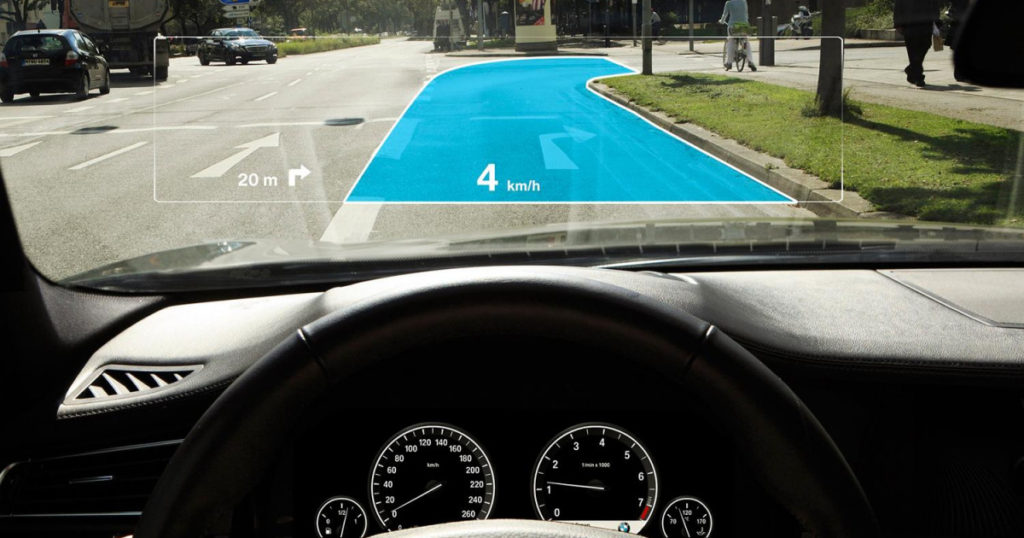Though we haven’t bid farewell to the traditional car service, the day isn’t far enough with new and innovative technologies taking over the entire automotive industry by storm. There’ll always be a place for small and old-school repairs shop to work on older models; such service stations are unlikely to keep up in the long-run.
Car service and repair is getting greasy and geeky as tablet computers set their footprint being most valuable tools at a technician’s worktable. Indeed, techniques are advanced but how quickly we adopt and accept the change is crucial for survival and better diagnosis of latest vehicles fitted with state-of-the-art functions and futuristic design.
Let’s have a look at fundamental car repair techniques and tools to rule the industry in near future while some have already pervaded the advance repair shops.
Contents
1. Inexpensive DIY computers
Here, it’s worth mentioning the Raspberry Pi that has become a favorite gadget for the typical do-it-yourself audience. It’s a small or micro-sized computer that hardly cost $35 and especially designed to teach kids basics of coding and programming. The only pitfall (only for a few however) is that if someone wish to do anything with a Raspberry Pi, programming is necessary.
While bold and self-confident individuals can come up with a thousand ways to exploit this tiny pocket-size computer, the best use in car service is tracking diagnostic data, performance statistics, execute more advance and efficient DIY repairs and upgrades.
2. Auto body innovation
The very process of automobile construction has advanced so it’s crucial adopting new technology to streamline the entire production process and upgrading repair shops. The increased use of aluminium in car design is a matter of concern as body panels fabricated from the material were once a hallmark of high-end performance cars. This is something expected to change as big-time manufacturers are expected to release full aluminium-bodied line of vehicles.
Being lightweight yet strong, aluminium has all it takes for a car to meet fuel economy and safety regulations against the federal standards. More experienced technicians are however accustomed working on steel would find aluminium something totally diverse. The cars are likely to get stronger and smarter which means they would require a likewise and up-to-the-mark car service.
3. Wireless data broadcast
Even here, wireless internet has pervaded bringing imminent and radical change to automotive industry. Manufacturers, on the contrary found a good and rather practical use of the technology. Research and tests indicated that wireless software updates in cars rectifies operational issues, improves fuel mileage as well as reports about safety and performance statistics.
Realising the fact, more and more dealerships are updating relevant software during consistent car service. For important situations like the anti-lock brake problem, recall does ensure updates are being implemented on time and flawlessly.
4. Augmented reality
Most of the newly produced cars boast complicated and dangerous hybrid or purely electronic driveline, sophisticates and detailed computerised components and safety systems pertinent to the federal laws. This labyrinth of sensors spread all over the vehicle controls most of the manual functions which all sums up to form the Augmented Reality, the next-revolution.
Conclusion
With the above, 3D printing is also coming to the car service industry and manufacturing which means there’s more than meets the eye!
















